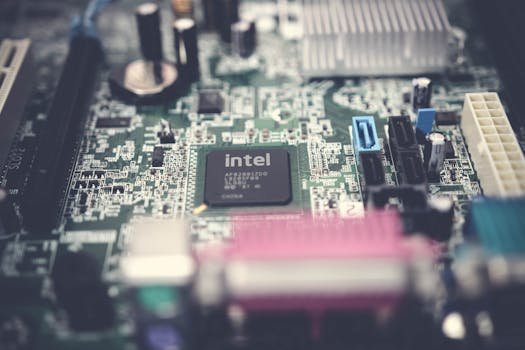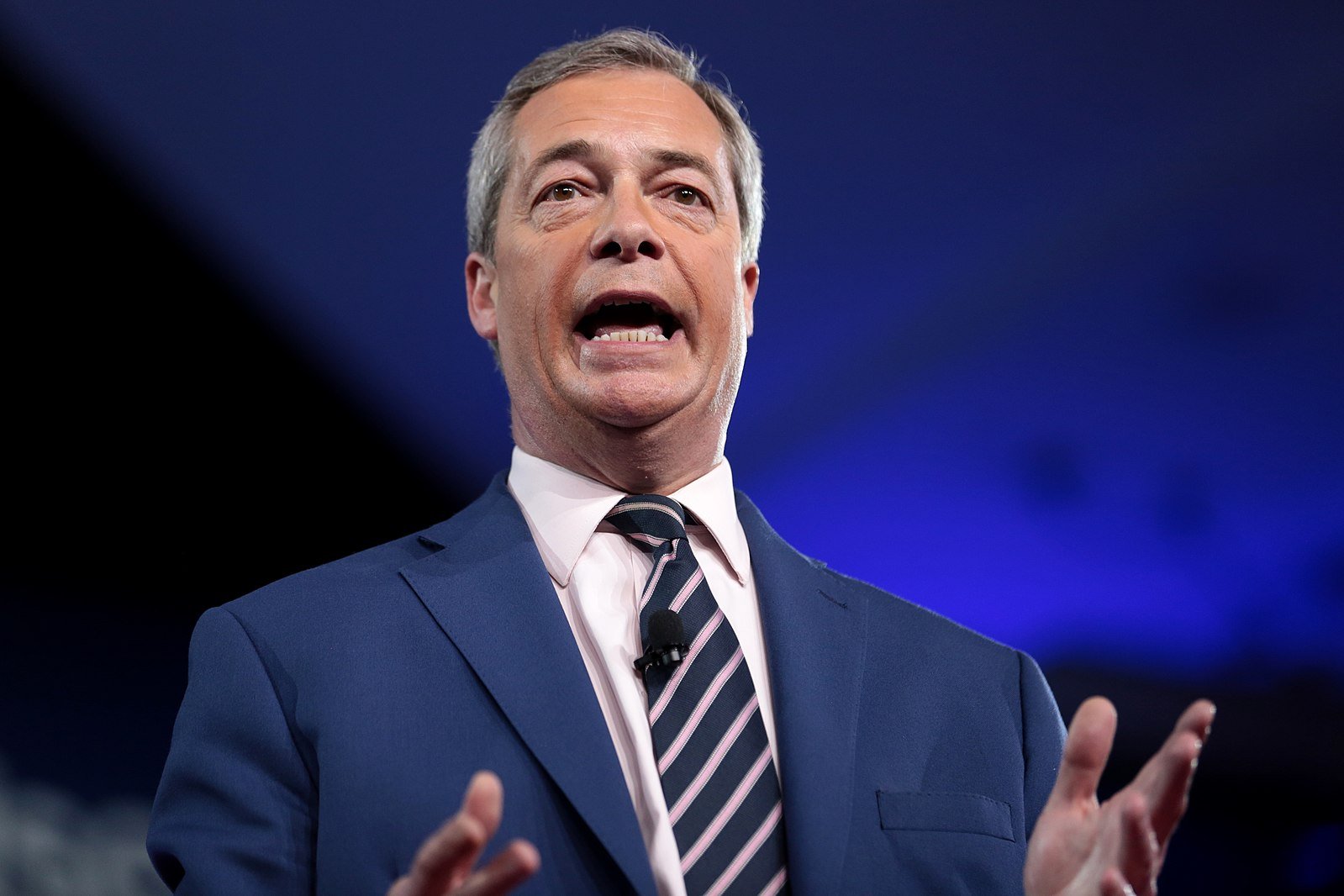
In a significant move reflecting the evolving nature of global defence, UK Defence Secretary John Healey announced on May 20, 2025, that artificial intelligence (AI) will play an increasingly central role in the country’s armed forces. This declaration marks a pivotal point in the UK’s military strategy, aiming to modernize procurement processes and enhance technological capabilities within NATO.
The forthcoming strategic defence review, developed over a year with input from former defence leaders, underscores the urgency of integrating AI into military operations. Healey highlighted lessons from the Ukraine conflict, noting that drones now account for the majority of casualties, emphasizing the need for rapid adoption of battlefield technologies.
“Speed is of the essence,” Healey stated, emphasizing the importance of swift integration of AI systems to maintain a competitive edge. The Ministry of Defence plans to allocate a significant portion of its budget to emerging technologies, dedicating 10% of equipment funding to innovations such as drones and AI.
The review also proposes the establishment of a consolidated AI fund to streamline technological investments, ensuring that the UK remains at the forefront of defence innovation. Companies like Palantir, despite concerns over data use and political affiliations, are expected to benefit due to their advanced targeting systems.

Interestingly, AI tools have been utilised in drafting the review itself, demonstrating the practical application of AI in strategic planning. This move is emblematic of the government’s wider ambition to integrate artificial intelligence not only on the battlefield but also within the administrative and operational cores of defence policy. It’s a quiet but telling shift—one that suggests AI will not simply be a weapon in the arsenal, but a co-author of the very doctrines that govern its use.
This approach aligns with broader defence spending plans and enhanced cooperation with European partners, reflecting a commitment to agile and quickly deployable equipment, even if not fully refined. It signals a departure from traditional procurement processes, which have often been sluggish, bureaucratic, and prone to delays. By contrast, the new strategy favours an iterative mindset—“good enough, deployed fast” seems to be the emerging motto. And in today’s unpredictable geopolitical landscape, that speed may prove more valuable than perfection.
Yet, the integration of AI into the UK’s defence strategy evokes a mix of apprehension and optimism. On one hand, the modernisation of military capabilities is essential in an era where technological superiority can determine the outcome of conflicts. AI offers enormous potential: from predictive analytics for threat detection, to autonomous drone coordination and real-time battlefield decision-making. These advancements could help save lives—both military and civilian—by improving precision and reducing human error.
On the other, it raises important and uncomfortable questions about the ethical implications of AI in warfare and the potential for unintended consequences. The notion of machines making decisions with lethal outcomes, even under human supervision, remains a deeply contentious issue. There’s a risk that increased automation could create a dangerous distance between decision-makers and the moral weight of their choices. Add to this the potential for cyber vulnerabilities, algorithmic bias, and the opacity of AI “black box” systems, and it becomes clear that regulation and accountability must be at the forefront of this transformation.
The emphasis on rapid deployment and agility suggests a shift away from traditional, long-term projects towards more flexible, modular solutions. This approach could indeed lead to more efficient use of resources and quicker adaptation to emerging threats. However, it also necessitates robust oversight to ensure that the deployment of AI technologies aligns with international laws, humanitarian principles, and ethical standards. Policymakers must strike a careful balance between innovation and restraint—a line that, if crossed, could have profound consequences on the rules of engagement and the very nature of warfare.
The use of AI in drafting the strategic defence review itself is more than a technological gimmick—it is a testament to the growing trust in AI’s capabilities to handle complex, sensitive, and high-stakes tasks. It reflects a broader trend of AI integration across various sectors of government and society, underscoring the pressing need to develop clear frameworks and best practices to govern its use responsibly. Transparency, public scrutiny, and cross-sector collaboration will be key in ensuring that AI enhances human judgement rather than replaces it.
In conclusion, the UK’s commitment to incorporating AI into its defence strategy represents a proactive step towards modernising its armed forces. While challenges remain—particularly those involving ethics, oversight, and international cooperation—the strategic integration of AI holds the promise of enhancing national security in an increasingly complex and fast-moving global landscape. As with any powerful tool, its value will ultimately depend on how wisely and humanely it is used.






